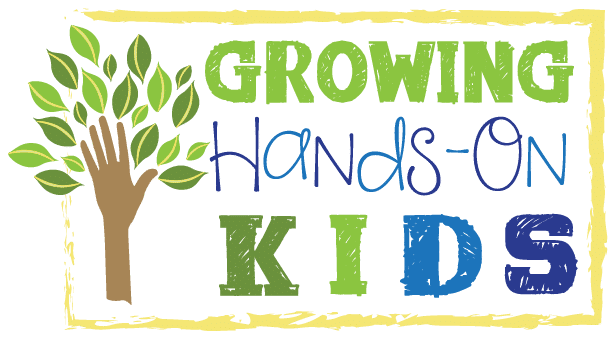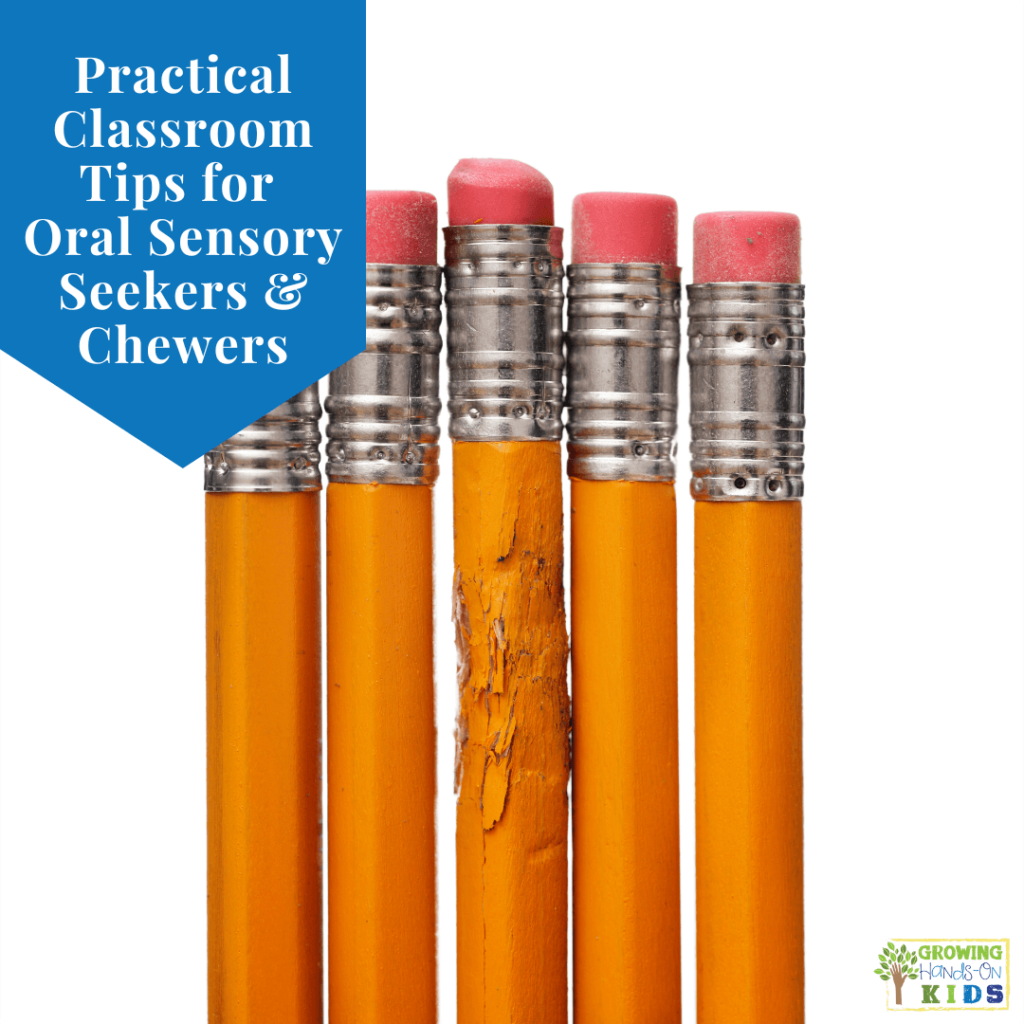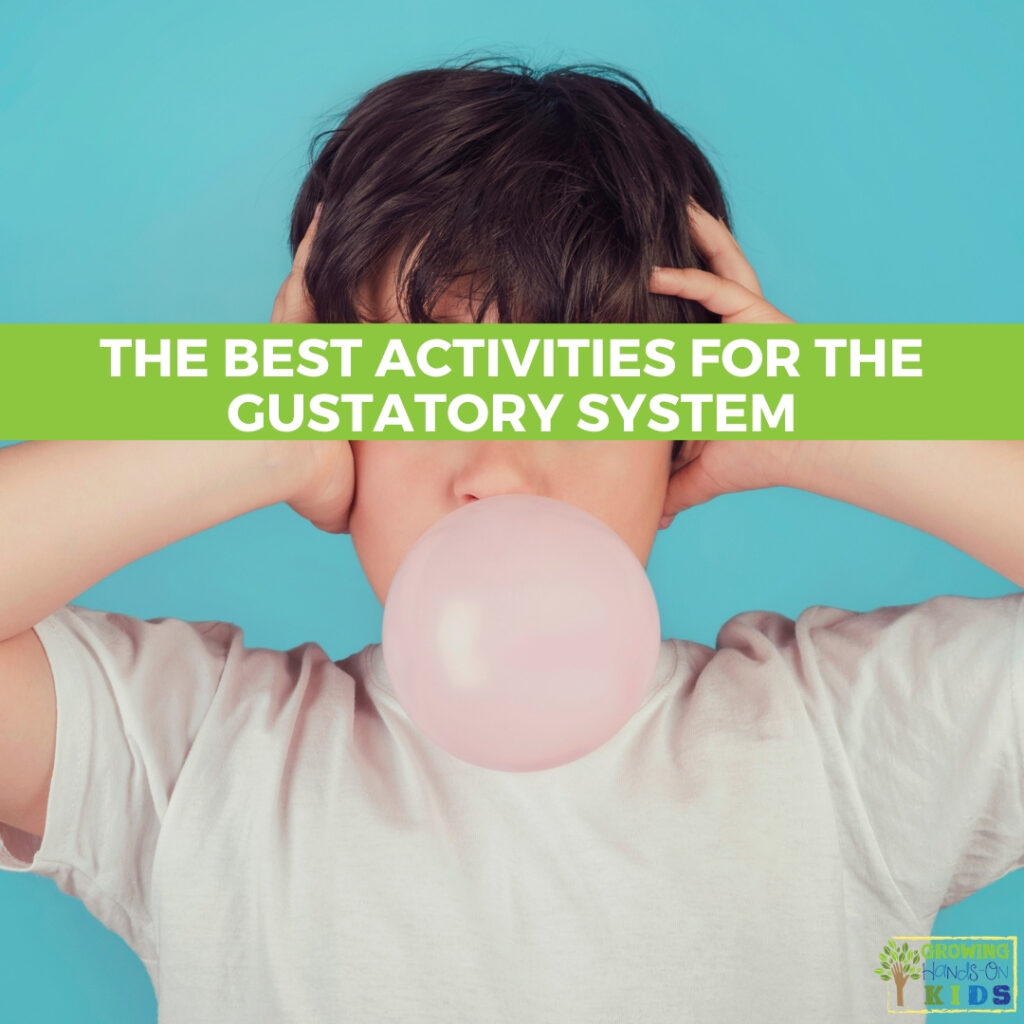Practical Classroom Tips for Oral Sensory Seekers & Chewers
Affiliate and Referral links are used below to promote products I love and recommend. I receive a commission on any purchases made through these links. Please see my disclosure policy for more details. As an Amazon Associate, I earn from qualifying purchases.
Chewing pencils, paper, nail-biting, and other oral sensory behaviors can be a challenge in the classroom. Learn how to manage oral sensory-seeking behaviors with practical solutions in this article.
What is an Oral Sensory Seeker?
If you are new to the world of sensory processing, then oral refers to the mouth or gustatory (taste) system. A sensory seeker is someone who seeks out certain sensory stimuli in order to feel regulated and able to focus or complete everyday life activities and tasks.
A child, or adult, who is an oral sensory seeker is probably going to be the kid that puts everything in their mouth in the classroom. But it may not be that obvious.
What To Look For with an Oral Sensory Seeker or Chewer
Here are some things to look for if you suspect you might have some oral sensory seekers in your classroom this year:
- Do any of your kids put pencils or pens in their mouths and chew on the tops?
- Do any of your kids chew on paper or other textures in the classroom or at their desks?
- Do any of your kids chew on their hands, skin, or hair?
- Do any of your kids chew on their cheeks or bite their nails?
- Do they chew on their clothes?
Some of these things may be very subtle and you might have to really observe to notice them. Another thing to consider if you notice these behaviors is WHEN do you notice the child doing them:
- During a test or quiz time? (then it might be helping them to focus and think)
- In a large group or circle time? (maybe large groups make them nervous and they need that input to stay in control)
- During reading or quiet time in the classroom? (Maybe they are bored and/or need more input?)
Oral sensory-seeking behavior can also manifest for a variety of reasons including in children who may be diagnosed with Autism (ASD), Anxiety, ADHD/ADD, and other mental health diagnoses. It is important to find out of the child in your classroom does have any of these diagnoses to help you get a better understanding of their behaviors.
It is important to remember that children can also have sensory-seeking tendencies and challenges without a diagnosis. Just because they do not have one does not diminish what they are feeling or need in their bodies in order to self-regulate and participate in the classroom setting.
Oral Sensory Seeking Behaviors And Occupational Therapy
You might be wondering when you should ask for help with a child who is showing oral sensory-seeking behaviors.
If the behavior is causing your student to not be able to function in the everyday life of your classroom, then asking for professional help is always recommended.
Occupational Therapists can give a variety of tools and ideas to help manage oral sensory-seeking behaviors in the classroom.
In the US, if your student is already on a 504 plan or has an IEP (Individualized Education Plan), definitely ask the Occupational Therapist on staff to come to observe and give suggestions. An evaluation may be warranted based on their findings.
Many Occupational Therapists and Occupational Therapy Assistants can also give you ideas to use in the classroom even if your student is not already receiving special education services. I am always in favor of a teacher or educator asking for specific ideas and getting assistance when needed.
If you are unsure of the next step you should take, talk to your school's special educator director to see what the specific protocol is for getting a service provider like Occupational Therapy involved.
Oral Sensory-Seeking Strategies
If you notice a child who is chewing a lot or maybe starting to be disruptive with their oral sensory-seeking behaviors, the first thing you can do is give them an appropriate way to get that input. See my ideas below.
Next, you can talk to them privately to have them help come up with a solution that works for both of you. Do not call them out publicly. If their behavior is being caused by anxiety this will only make it worse.
But they are chewing something unsafe, what now?
In the case of them chewing an object that is a safety or sanitary concern, it is important to remove them or the item and immediately redirect to an item that is appropriate.
In both cases, you can also involve parents to see if they have any ideas or solutions that work for the child at home that you can bring into the classroom.
Oral sensory seekers are typically craving a lot of proprioceptive input since the act of chewing is “heavy work” for the mouth. Getting them moving and active is going to help even more than just offering them something to chew.
After you address the gross motor component, start to offer oral sensory input that is age-appropriate:
- Chewing gum – during reading or quiet times perhaps?
- Drinking through a straw – the act of sucking through a straw provides good oral sensory and proprioceptive input to the mouth
- Crunchy snacks such as pretzels, carrots sticks, etc, anything that provides lots of chewing/heavy work for the mouth
- Provide fidgets or appropriate items to chew on during class time. Ark Therapeutics or Therapy Shoppe has a great selection of chewies and chewable items
Oral Sensory Seeking Activities
Here are some specific activities that you can fit into your classroom that will help address any oral sensory-seeking behaviors.
These activity ideas are best done with the entire class, so as not to single out any specific child. Plus the entire class will enjoy and benefit from having sensory breaks throughout the day.
- Blowing – use straws and cotton balls and have a cotton ball race or obstacle course set up
- Deep breathing exercises – deep breathing has a calming and organizing effect and can help with self-regulation
- Blowing up balloons – use the balloons in a game or to decorate the room
- Musical instruments – playing any type of musical instrument can help with getting the needed oral input into the mouth for sensory seekers. If music or band class is not an option, how can you bring musical instruments into your classroom? Maybe use a Kazoo, recorder (I know, I know, ha), whistles, or harmonicas.
- Blow bubbles – plus it is great eye-hand coordination practice to pop the bubbles as they are blown!
If you've had a child who chews in your classroom, I'd love to hear your tips that worked for them. Just share below in the comments.
You May Also Like:

Heather Greutman, COTA
Heather Greutman is a Certified Occupational Therapy Assistant with experience in school-based OT services for preschool through high school. She uses her background to share child development tips, tools, and strategies for parents, educators, and therapists. She is the author of many ebooks including The Basics of Fine Motor Skills, and Basics of Pre-Writing Skills, and co-author of Sensory Processing Explained: A Handbook for Parents and Educators.




I have had students chew pencil erasers and the metal part which can damage teeth. I also have a student this year who literally will chew a pencil to splinters. For these kids, I bought clear vinyl tubing from Lowe’s. It has an inner diameter of 5/16″ and an other diameter of 7/16″ and fits perfectly on the end of a pencil. It is very heavy and food safe-meant for refridgerater water lines and has been very helpful as a safe way to chew and get that heavy pressure in the teeth.
I have a student with severe oral seeking. We have found that input to her hands is helping. Since developmentally/neurologically hands/mouth are connected, it makes sense. Certainly, things as simple as Dots on her palms are good, but also marbles in a glove (she loves this), providing other textures on her palms has also been helpful. Of course, we add proprioception throughout her day along with compression garments. I find though that the tactile input on her palms is an interesting addition to her sensory diet! Thanks for this great post!
A couple of great companies that I love to go to for mouth tools and all sorts of other sensory & OT tools are MA locals http://www.Therapro.com and in MN http://www.therapyshoppe.com.
I have a question. I have a four year old full day preschooler who is having trouble at nap. I found out she was still using a pacifier at home a couple weeks ago. I talked with her parents and they did get rid of the pacifier. But, at naptime she can’t settle down and the rare times she does she sucks and chews on her blanket. Is there something appropriate a preschooler can chew or suck on at naptime?
Hi. Thank yoi for this great article. I have a son with Down Syndrkme, he is 3,5 and still chews and puts objects in his mouth – mainly when tired or bored. Some professionals just assumed it was his oral phase taking longer but now I’ve read this it just makes more sense.
A part from addressing this need now, I have a question…..
Will it ever stop? Or will he be a “chewer” for ever?
These are great tips! It’s so hard for kids who need to chew or fidget in class, because so many teachers still don’t understand about it!
Yes, more education is definitely needed!